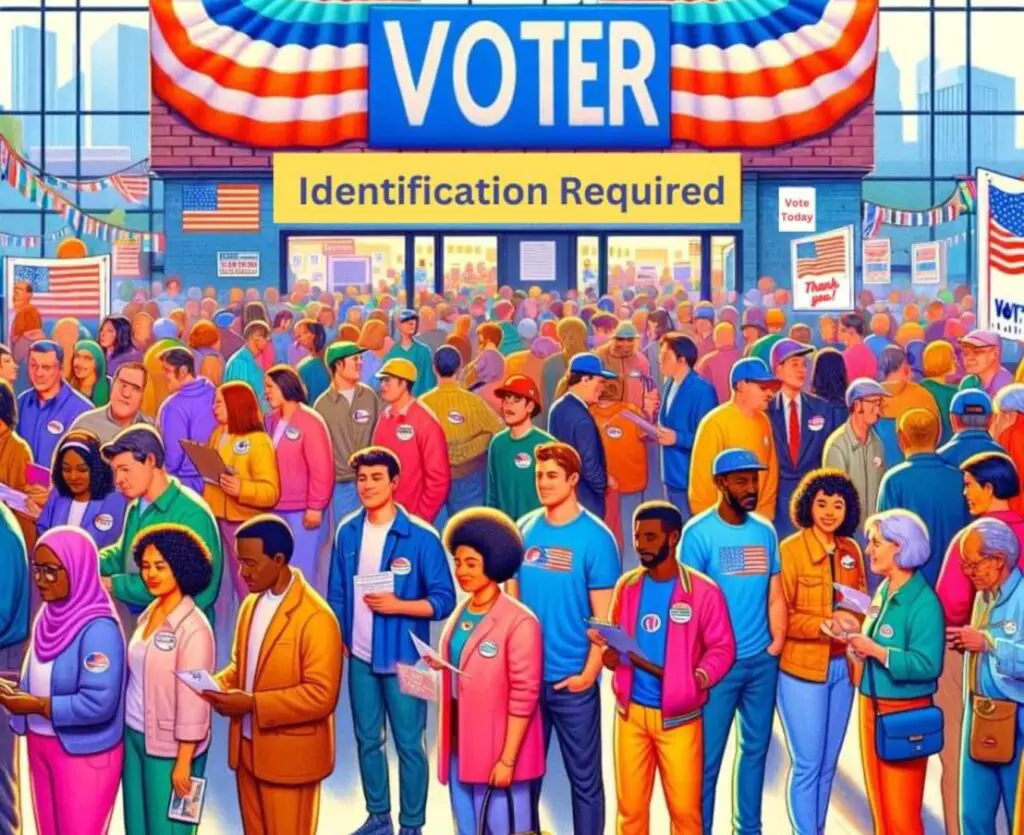
Introduction
Despite it being a fundamental right, voting has always been a heated topic in the nation this century and more so now than ever as voter identification laws have popped up like wildfire. One of the most populous and politically influential states, California has continued to debate voter ID laws. This Blog Post: Using the PAS (Problem-Agitate-Solution) we are going to break down the issue to be concise, actionable and for us to move towards a SOLUTION.
California, for example is often held up as a state in the vanguard of voting rights, and its changes are centered on expanding voter access. But the issue is still at the forefront of national politics and is proving difficult to sort out for policy makers, legal scholars and voters.
Issue: Voter ID Laws Debate
California has no voter ID law, strict or non-strict. What that means is that, when going to the polls, voters do not have to show identification. The logic behind this method aligns with the goal of the state to make voting more inclusive — seeking to reduce voting barriers for those in disadvantaged areas. Critics, however, say the lack of a voter ID requirement could leave elections more vulnerable to fraud.
The Concerns on Both Sides
In Favor of Voter ID Laws: Advocates say that requiring identification guarantees the safety of elections since it will stop voter impersonation and fraud. Simply put: Checking ID at the time of casting the ballot ensures that every vote is counted correctly.
Against Voter ID Laws: On the other hand, opponents claim that these laws are discriminatory against minorities, the elderly and low-income people, who may lack the identification necessary. They argue that voter ID laws create new barriers to voting, that is, reduction of participation in marginalized communities.
While California has pursued a policy that relies on increasing access versus limiting it, these debates are not merely academic. Nationally, early this year three state had already passed voter ID laws in 2016 alone. Voter ID laws tend to be stricter, as in Texas and Georgia, where critics assert such laws have resulted in substantial numbers of people being unable or unwilling to vote.
😀


